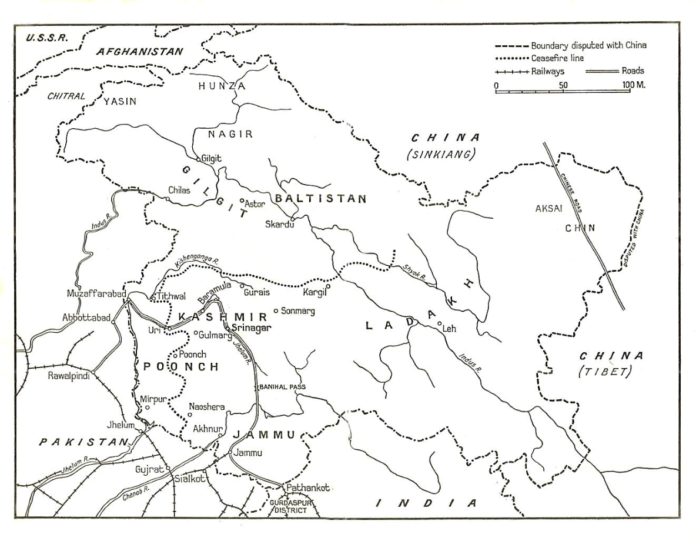Author: Rabiya Aamir
Affiliation: National University of Modern Languages, Islamabad, Pakistan
Organization/Publisher: Pluto Journals
Date/Place: 2020/Pakistan
Type of Literature: Research Paper
Number of Pages: 23
Link: https://www.jstor.org/stable/10.13169/polipers.17.1.0083
Keywords: Kashmir, Environmental Ethics, Environmental Justice, Historiography
Brief:
This paper exemplifies the territory of Indian Occupied Jammu and Kashmir (IOJ&K) as a terminal colonial space. It traces the history of this perilous situation through historiographic analysis of the selected texts. It identifies India’s deceptive measures, including the use of “excoriation” and “exoticizing the native” to fill historical gaps, that India has initiated and perpetuates in its actions against the people of IOJ&K. The geographical strategic maneuvering in the context of Gilgit, which declared itself for Pakistan before the Kashmir dispute, serves an example. Specifically, its canonical invisibility is used in the favour of India. This unfinished aspect of partition and the disputed disposition of Kashmir have an enduring impact in governing the relation between India and Pakistan. This paper traces the historical and current dimensions of the conflict zone of IOJ&K, with a focus on future implications particularly in the context of revocation of Article 370 and 35A by India on August 5, 2019 and the ensuing resistance by Kashmiris. It further emphasizes how religious, social, political, economic and environmental interests intertwine. It highlights the myriads of narratives written about IOJ&K, and presents “eco-postcolonial ethic” as a solution, a perspective that emphasizes understanding “expressions of resistance” against oppression by occupiers in the postcolonial age.
By: Salvia Razzaque, Non-Resident Research Associate




